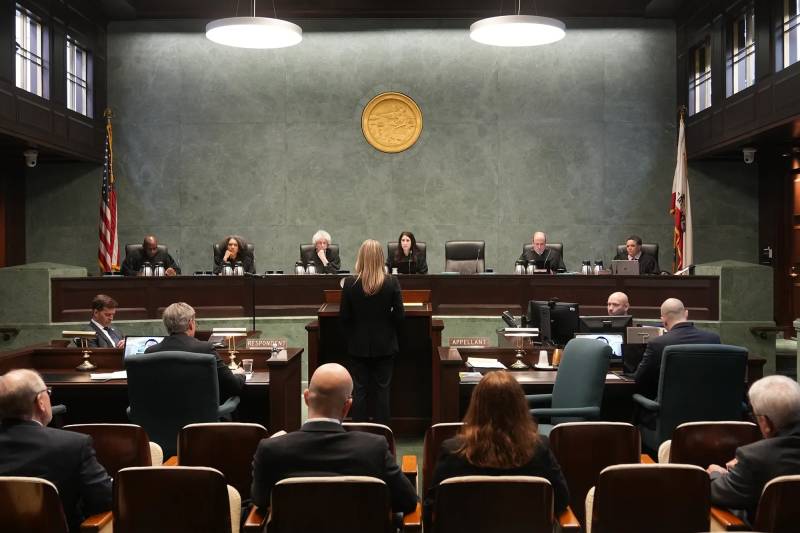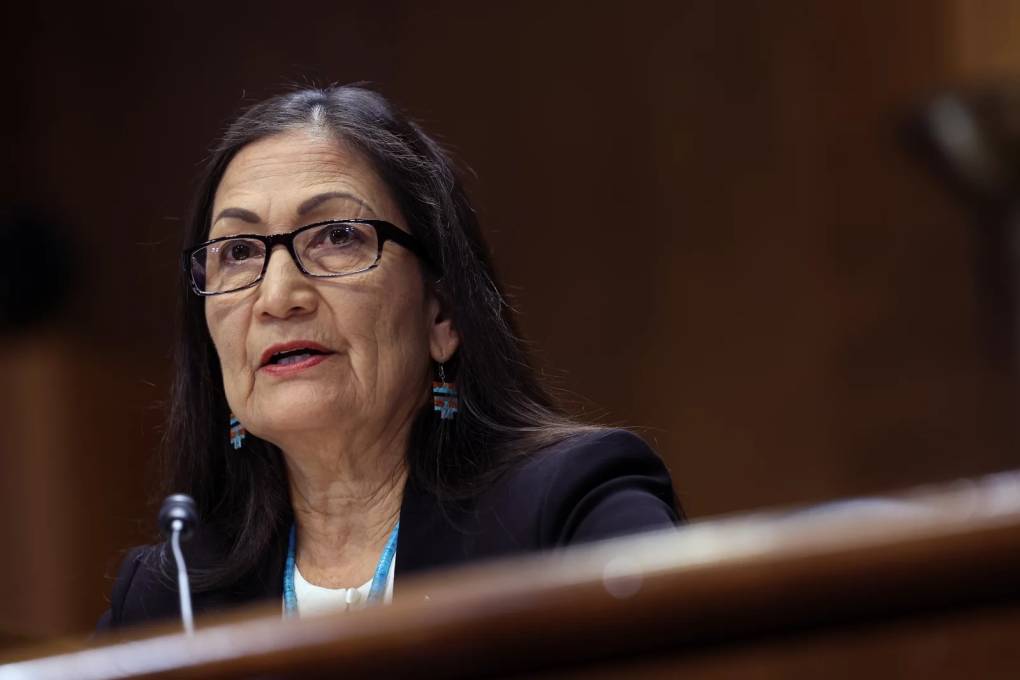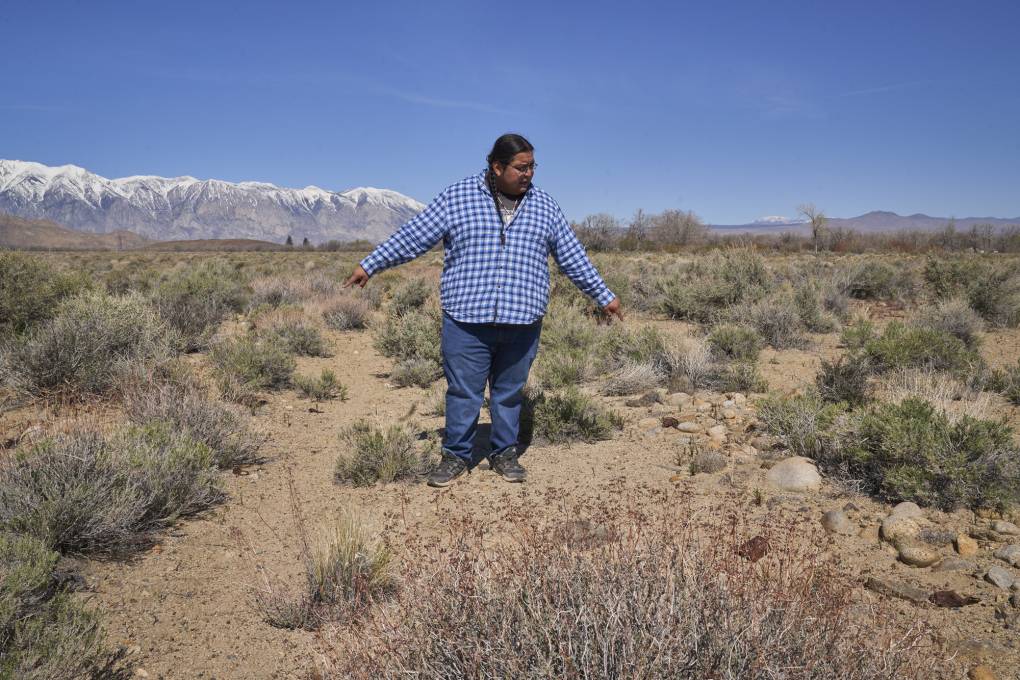The Los Angeles Department of Children and Family Services in 2019 accused two children’s parents of substance abuse and domestic violence, eventually getting their custody terminated in court. Their mother, Angelica A., has not indicated in court documents that she is Native American, but she appealed the decision on the grounds that officials did not complete a proper inquiry into her children’s heritage. Her last name is not listed in the ruling.
By a 5–2 majority, the justices agreed with the mother, calling into question not just this family’s case but nearly two dozen other cases involving child custody and California courts. They gave little weight to concerns over whether an additional review would make a difference in the actual placement of the children.
“The department’s inquiry extended no further than mother and father, both of whom have long-standing issues with substance use disorder, even though their parents, siblings, and father’s cousin were readily available and had been interviewed by the department,” Justice Kelli Evans wrote in the majority opinion.
The justices reversed a juvenile court’s decision to terminate the parents’ rights on the condition that the agency conduct an “adequate inquiry, supported by record documentation.”
Shiara Davila-Morales, a spokesperson for the Los Angeles Department of Children and Family Services, said the department could not comment in time for publication.
Indian Child Welfare Act recently upheld
The issue of child custody and Native Americans has long been a point of painful history in the United States. In June 2023, the U.S. Supreme Court upheld the 1978 Indian Child Welfare Act, which regulates the removal and out-of-home placement of Native children. A July 2024 report from the U.S. Department of the Interior found that over 900 children died nationwide in forced boarding schools from 1819 to 1969.
In California, over half of Native American youth in California’s foster care system end up in non-relative and non-Native households, a number that has remained relatively steady in the past decade, according to state data analyzed by researchers at UC Berkeley. Tribes have long argued they have a necessary stake in ensuring the well-being of Native youth and that social workers must make good-faith attempts to inquire about ancestry.
“Ironically, such (an) inquiry could take only a few days to complete — which is significantly faster than the nearly two years that this appeal was litigated,” wrote Michelle Castagne, executive director of the California Tribal Families Coalition, in a statement. “The court’s decision recognizes the vital role that tribes have in the lives of tribal children and families.”
Dissent emphasizes children’s ‘instability’
The two dissenting justices blasted the majority for taking a “formulaic approach” that “needlessly condemns these children and others like them to more uncertainty, more instability and more trauma.” The two children were taken into the care of their paternal grandparents, according to the ruling, who are ready to formally adopt them.
They wrote that the children would have been better off by resolving the case quickly.


